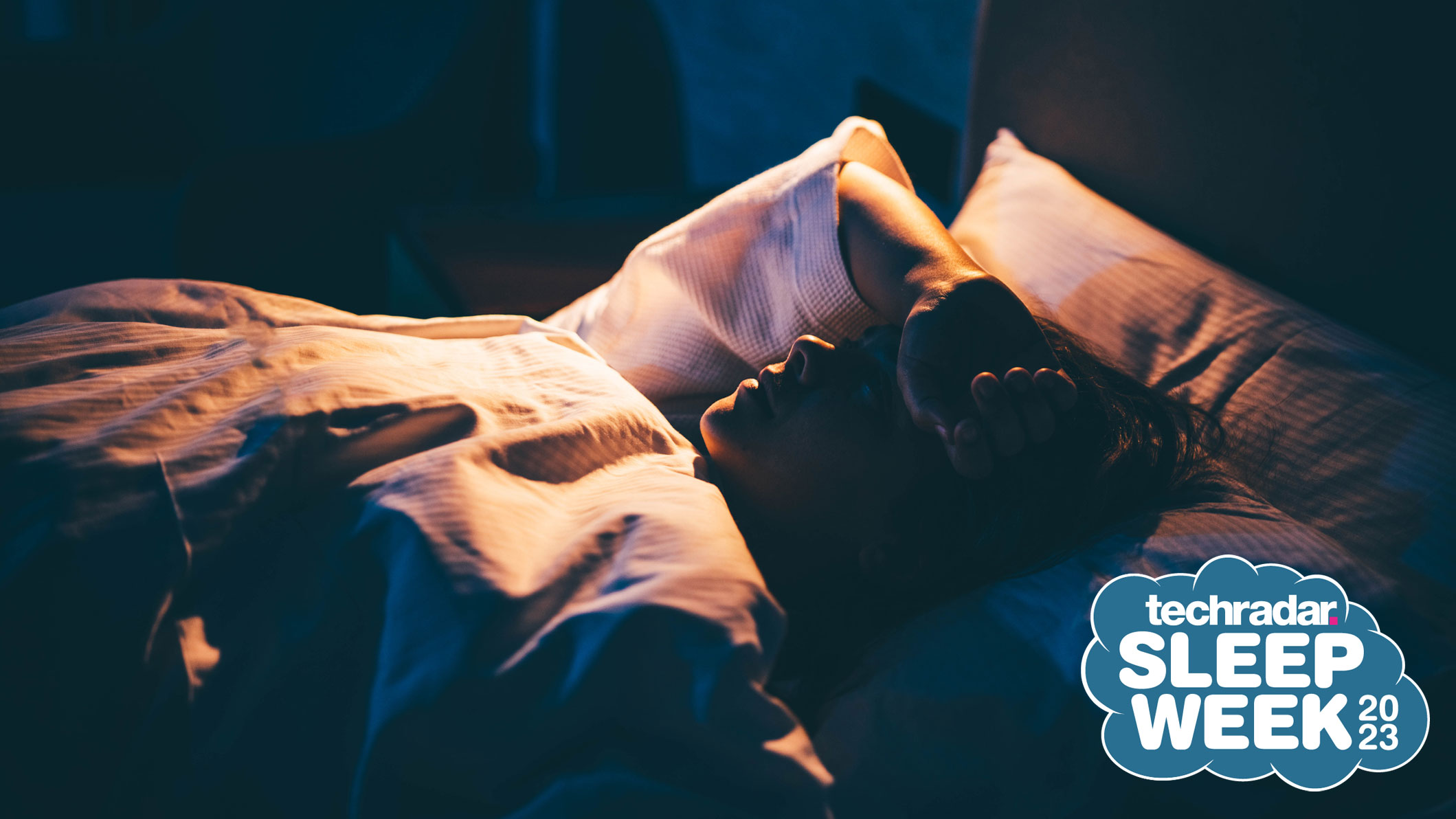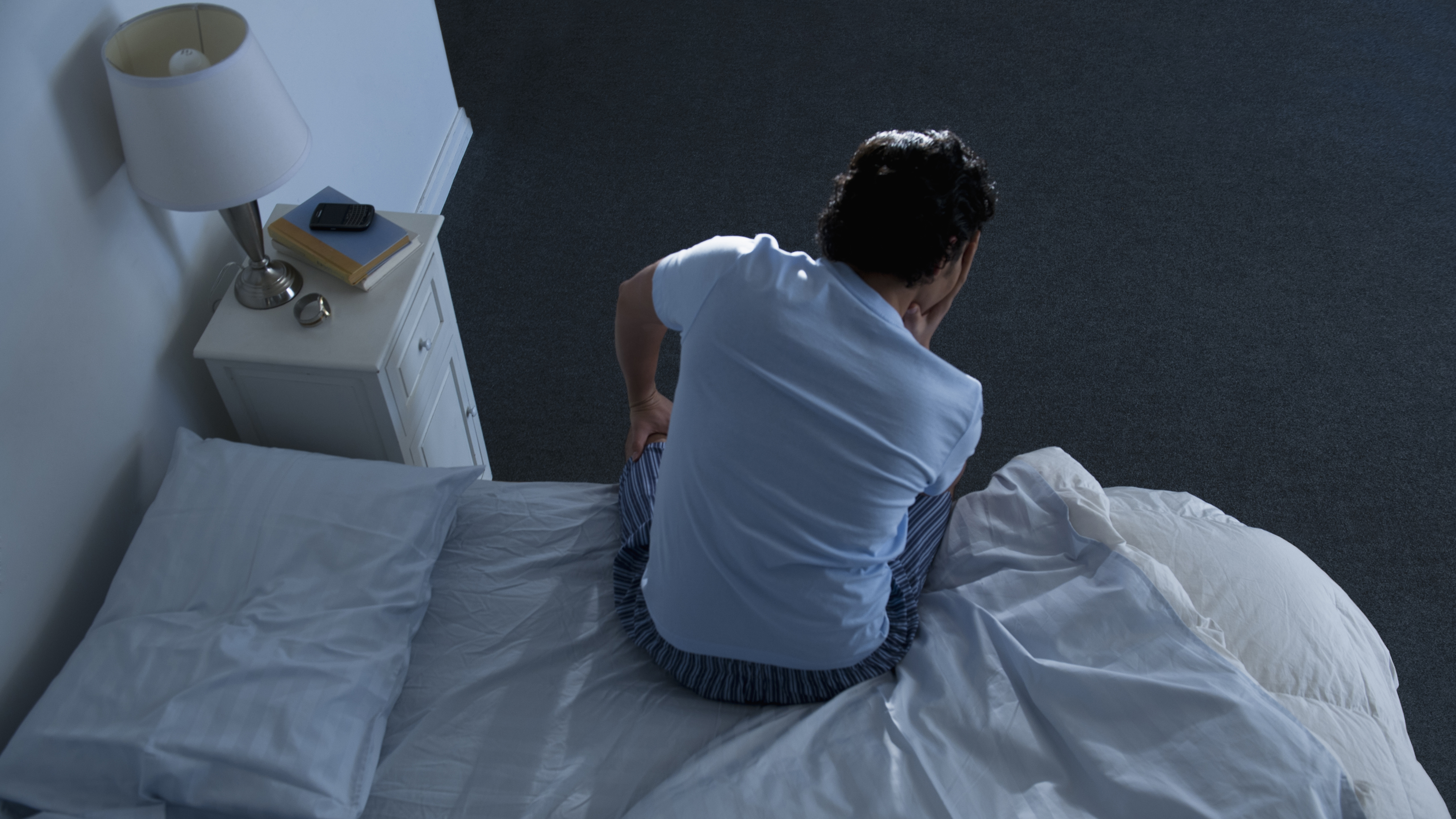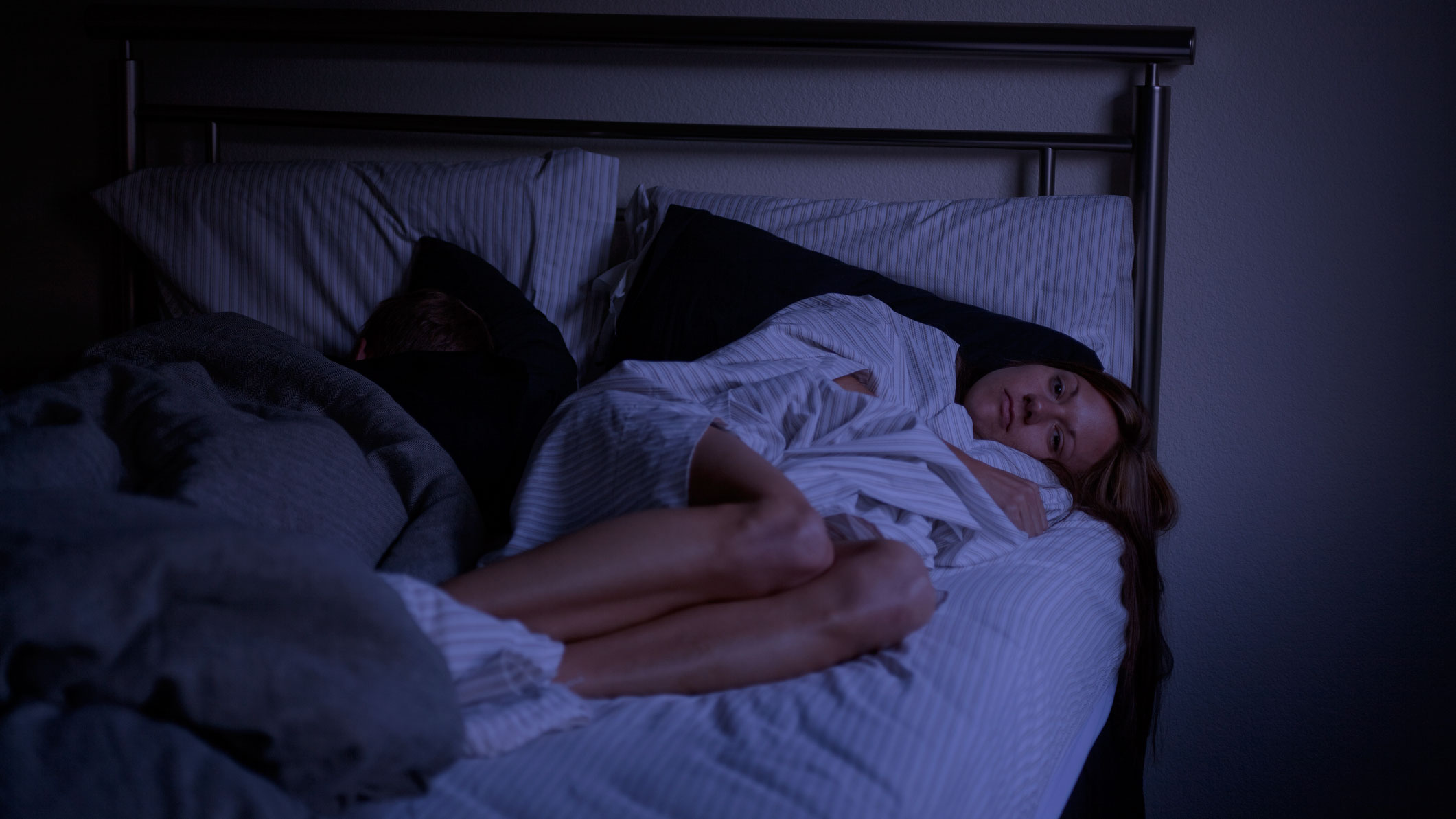Can't get to sleep? The 15 minute rule is your friend
If restful slumber's eluding you, this simple technique can settle you back into better sleep

Being tired but unable to get to sleep is a rotten feeling. There you are, all tucked up in bed at the end of the day and ready for sleep, but for whatever reason sleep just won't come. And the longer you spend not going to sleep, the more anxious you feel about it and you end up getting into a vicious circle of sleeplessness.
The fact is that even if you've availed yourself of the best mattress for you and treated yourself to a pair of the best pillows, some nights you just can't get to sleep. You might be doing all the right things, and maybe trying tricks such as the 4 7 8 sleep method, the military sleep method and even counting sheep, but every now and then your brain just doesn't want to play ball and shut down for the night.
But if you find yourself lying awake in bed at night, denied your hard-earned sleep, there's one simple and straightforward technique you can use that, if applied regularly, can help train you into better sleep routine. It's outlined in this sleep guide by Dr. Bryony Sheaves and Professor Colin Espie from Oxford University's Sleep and Circadian Neuroscience Institute.

The guide is packed with helpful tips for a sound night's sleep, many of which you'll already be familiar with, such as having a sleep-friendly bedroom and a wind-down routine before bedtime, and of course taking care about what you eat and drink in the evening. But the stand-out tip for anyone struggling to sleep is what it calls the quarter-of-an-hour rule, and which has become more widely known as the 15 minute rule.
How to use the 15 minute rule
It's an easy rule to follow: if you notice you aren't asleep within 15 minutes of getting into bed, you should get up again, go to another room to wind down until you're feeling sleepy, and then go back to bed. Simple!
Sheaves and Espie explain that this technique works because if you spend a lot of time lying in bed awake, your brain can start associating your bed with being awake, frustrated or anxious about sleep. Following the 15 minute rule can break this association and instead reconnect the idea of being in bed with being asleep. It can be useful, for example, for tackling the first night effect (where you struggle to drop off on the first night in a new place).

Of course one thing you shouldn't do is watch the clock while you're trying to get to sleep, as that can start your brain off; instead just relax, but if you estimate that a quarter of an hour has passed and you're still awake, it's probably worth getting up again.
Get daily insight, inspiration and deals in your inbox
Sign up for breaking news, reviews, opinion, top tech deals, and more.
A 2006 study demonstrated the technique's effectiveness, and if you're wondering if your sleepy mind is actually capable of estimating a quarter of an hour, a further study found that you're just as able to estimate time when you're in sleep-onset mode, so there's definitely no need to keep a clock to hand; just get on with it.
And as to what you should do while you're out of bed, you could follow the guide's advice on creating your own wind down routine to prepare your body and mind for settling down to sleep; this might involve reading a book, listening to some calming music or doing relaxation exercises; for more ideas, see our guide to creating a bedtime routine for better sleep.
One thing you should try to avoid, though, is looking at your phone – late night screen time can make the situation worse. Not only can the light from your phone's screen suppress melatonin production, which in turn would disrupt your sleep quality, but catching up with Twitter or the news can be just the thing to set your brain in motion again and prevent you getting to sleep when you return to bed. If you can't bear to leave your phone out of your room, put it to good use – there are plenty of places online to find free white noise for sleep, and the gentle background noise can help quiet a busy mind.
Nectar Sleep Awareness Week Sale: 33% off everything
Sleep Week savings - Nectar is celebrating Sleep Awareness Week by taking 33% off all its mattresses. This means that the ever-popular Nectar Mattress is available from $359 in a twin size, while a queen will cost you $699. All Nectar's mattress are available in memory foam and hybrid options, and we rate them among the best in the business, so don't miss out on this deal!
This article is part of TechRadar's Sleep Week 2023 celebration (running until Saturday 18 March), a week-long look at all things slumber. We'll be bringing you proven techniques and tips to help you sleep better, and have rounded-up all the top-rated tech to transform your sleep.
A professional writer with over a quarter of a century's experience, Jim has been covering mattress and sleep-related subjects for TechRadar, Tom's Guide and T3 over the past few years, gathering an in-depth knowledge of the workings of the mattress industry along the way. Previously Jim has covered a wide variety of subjects, working widely in the tech and gaming sectors, and more recently covering the design and wellness industries.


